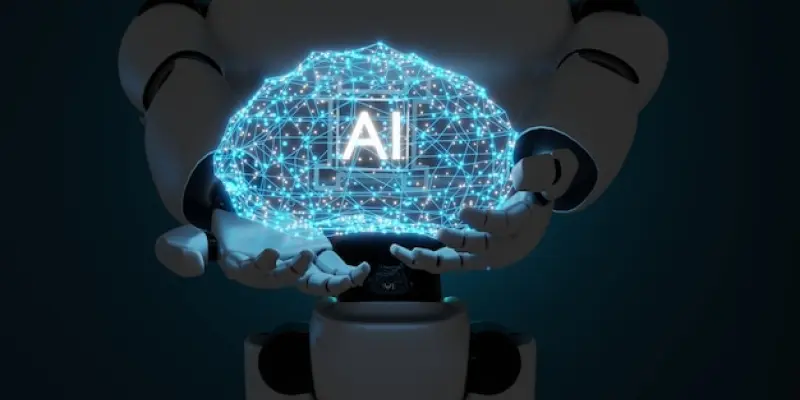Artificial intelligence has revolutionized numerous industries with its ability to process information and analyze data at unprecedented speeds, sparking debates over its potential to make superior decisions compared to humans. However, a recent study examining the decision-making biases present in OpenAI’s ChatGPT suggests that AI may harbor some of the same cognitive errors that plague human judgment. This development raises significant questions about the reliability of AI in high-stakes decision-making scenarios, from business to government sectors.
Exploring AI Decision-Making Biases
The study, conducted by researchers from various universities, aimed to determine if AI systems like ChatGPT could outperform humans in decision-making tasks despite inherent biases. Results showed that ChatGPT exhibited familiar biases such as overconfidence, ambiguity aversion, and the gambler’s fallacy. These biases were evident in nearly half of the tests conducted, indicating that even advanced AI models reflect human judgment errors. AI’s proficiency in logical and mathematical problems is undeniable; however, subjective judgment tasks continue to showcase AI limitations, mirroring human cognitive errors. Further analysis revealed that while newer AI models such as GPT-4 are more analytically accurate, they sometimes display stronger biases in judgment-based tasks compared to their predecessors. This suggests that despite advancements in AI technology, these systems can replicate human mental shortcuts and systematic errors. Consequently, AI’s potential to improve decision-making processes remains intertwined with its ability to avoid bias, a challenge it has yet to fully overcome.
Implications for Business and Government
The presence of biases in AI systems like ChatGPT brings forth concerns regarding their application in critical sectors such as business and government. Key takeaways from the study include AI’s tendency to play it safe by avoiding risks, overestimating its accuracy, seeking confirmation for existing assumptions, and favoring alternatives with more certain information. These findings underscore the necessity of vigilant oversight when incorporating AI into decision-making processes, as these systems may reinforce flawed decisions instead of correcting them. To mitigate the risks associated with AI biases, businesses and policymakers must treat AI-driven decisions with the same scrutiny applied to human decision-makers. This involves implementing regular audits to monitor AI performance, as well as developing ethical guidelines for AI oversight. By maintaining a close watch on AI-generated decisions, organizations can ensure that AI serves as an aid rather than a liability in decision-making processes. Furthermore, the study emphasized that AI excels in areas with clear, right answers but often falters when subjective judgment is required.
Reducing Bias in AI Systems
Addressing AI biases requires continuous evaluation and refinement of AI systems. The researchers recommend that different models be assessed across various decision-making scenarios to identify and mitigate biases. This approach ensures that AI can adapt to different contexts while minimizing the risk of replicating human cognitive errors. As AI’s role in decision-making grows, reducing biases becomes paramount to improving overall decision quality. Moreover, the study suggests that AI should be treated as a complement to human decision-making rather than a replacement. Human oversight remains essential, particularly in situations involving complex judgment calls. By combining human insight with AI’s analytical prowess, organizations can enhance decision-making processes and reduce the likelihood of bias-driven errors. This balanced approach leverages the strengths of both AI and human judgment, ensuring more reliable and informed decisions.
Future Considerations for AI Development
Artificial intelligence has transformed many industries by processing information and analyzing data at extraordinary speeds, igniting debates about whether it can make better decisions than humans. However, a recent study looking into the decision-making biases in OpenAI’s ChatGPT reveals that AI may exhibit some of the same cognitive errors that affect human judgment. This revelation raises important questions about the dependability of AI in critical decision-making contexts, whether in business, government, healthcare, or other sectors. The findings suggest that while AI has the potential to significantly enhance efficiency and accuracy, it is not immune to the pitfalls of cognitive bias. As organizations increasingly rely on AI for crucial decisions, understanding these limitations becomes vital. This realization underscores the need for ongoing assessment and improvement of AI systems to ensure they can be trusted in high-stakes scenarios, maintaining a balance between technological advancement and ethical responsibility.

